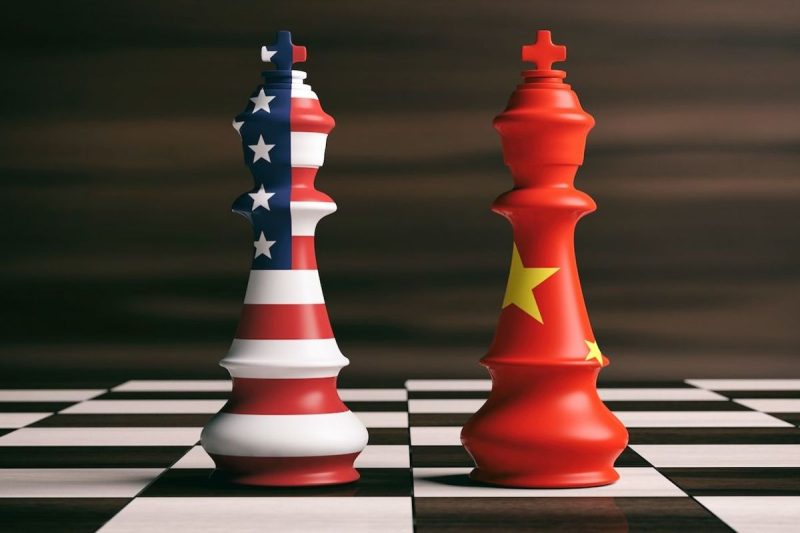
Biden’s Bold Move: Proposed Ban on Chinese Vehicles Over Espionage Worries
In a recent development, the Biden administration has put forth a proposal to ban Chinese vehicles in the United States, citing espionage concerns. This move comes amidst escalating tensions between the two global powers on various fronts and underscores the strategic significance of the automotive industry in national security discussions.
The proposal to ban Chinese vehicles appears to be a continuation of broader efforts by the U.S. government to address concerns related to espionage and technological theft by Chinese companies. The automotive sector has long been a focal point of such concerns due to its role in economic growth, innovation, and transportation infrastructure.
One of the key drivers behind the proposed ban is the fear that Chinese vehicles could be equipped with sophisticated surveillance technology that could compromise national security. As modern vehicles become increasingly connected through the internet and various devices, the potential for data breaches and unauthorized access poses a significant risk, particularly in sensitive government and military applications.
Moreover, the ban on Chinese vehicles reflects broader geopolitical tensions between the U.S. and China, with each country vying for dominance in critical technology sectors. By limiting the presence of Chinese vehicles in the American market, the Biden administration aims to bolster domestic production and safeguard sensitive information and intellectual property.
The proposal, however, is not without its challenges and controversies. Critics of the ban argue that it could lead to retaliatory measures from China, further escalating trade tensions and impeding global economic cooperation. Additionally, some industry experts contend that a blanket ban on Chinese vehicles could have unintended consequences for consumers, limiting choice and driving up prices.
To address these concerns, policymakers need to carefully balance national security imperatives with the principles of free trade and economic competition. Implementing targeted measures to mitigate espionage risks in the automotive sector while promoting innovation and domestic manufacturing could offer a more sustainable approach to safeguarding national interests.
Ultimately, the proposal to ban Chinese vehicles underscores the complex interplay between technology, security, and trade in an increasingly interconnected world. As governments grapple with evolving threats and challenges, finding the right balance between protectionism and cooperation will be crucial in shaping the future of global automotive markets and geopolitical relations.
